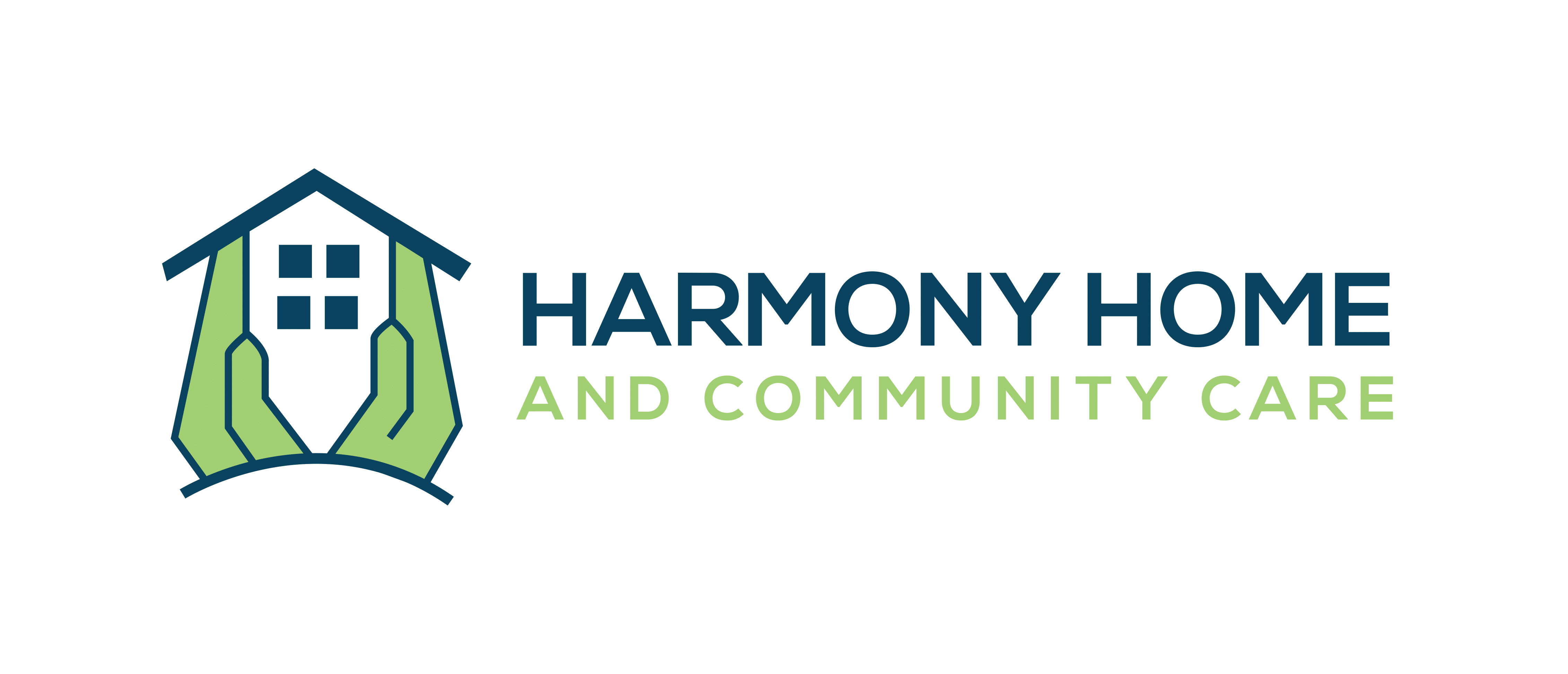Harmony Homes
January 1, 2024
Understanding NDIS

Understanding NDIS
Understanding NDIS disability services
The National Disability Insurance Scheme (NDIS) is a Government scheme designed to support people with disabilities, their families and carers. It was launched in 2013 and replaced the state and territory disability services.
The NDIS is not a charity or welfare program; it’s an insurance scheme that provides funding for people with disabilities to purchase support from providers of their choice.
If you are living with a disability or chronic illness, the NDIS may be able to provide you with funding and support to help you achieve your goals. The scheme has been designed in conjunction with the community and supports people with different needs. This means it’s important that everyone understands how it works and what their responsibilities are as NDIS participants.
What is NDIS?
NDIS is a scheme to help people with disabilities. It’s being rolled out across Australia and managed by the National Disability Insurance Agency (NDIA). The NDIS will provide funding for support and services so you can live, learn and work in your community. It’s not a welfare scheme; it’s about giving you the support you need when it’s most needed.
These programs aimed to help people with disabilities live active lives in their communities as much as possible instead of being stuck at home or in institutions because there wasn’t enough money available to pay for more expensive options such as private residential facilities or nursing homes.
How does NDIS work?
The NDIS is a scheme that helps people with disabilities to get the services they need. It’s a national scheme and is available in all states and territories, funded by the Australian Government, state and territory governments, and some private health insurers.
If you’re eligible for NDIS support under this plan then you’ll be able to choose from a range of supports including:
- Assistive technology
- A carer or family member who helps with everyday tasks
- Communication supports such as sign language interpreters or captioning services
- Community transport;
- Education courses such as literacy classes or tutoring programs (NDIS does not pay for schooling)

Recent Posts
Categories
Who is eligible for NDIS?
The NDIS covers people with disability and their families. It also covers people who have a permanent health condition that makes them eligible for the Disability Support Pension (DSP). People who are not eligible include:
- Those whose only issue is mental illness or intellectual disability – these conditions will be covered by Medicare.
- Those in prison or whose freedom has been restricted by a court order – these people may be able to access other funding sources such as Family Tax Benefit Part A, Income Support Supplement and Carer Payment/Allowance. The exception to this rule is if you are receiving an income under $500 per fortnight from Centrelink; then you can receive a payment from us through our Early Intervention Programmes (EIP).
How do I sign up for NDIS?
You can sign up for NDIS at any time. If you’re eligible, your carer or doctor should refer you. Your NDIS planner will then arrange a visit with them so they can discuss how they think the NDIS can help.
If this is the first time someone in your family has been diagnosed with autism, it’s important to speak with their carer about what support services are available before signing up for the program.
What does it cover?
The NDIS covers the cost of services, support and equipment. It does not cover the cost of transport or accommodation.
It also does not cover education for people over 18 years old who have a permanent disability (though there are some exceptions).
How is the NDIS rolled out?
The NDIS is rolled out in stages. The NDIS operates in all states and territories across Australia, with each state and territory rolling out the scheme at different times.
The National Disability Insurance Scheme was introduced on 1 July 2013, with full rollout to be completed by 30 June 2022.
The NDIS is a result of a review of the disability sector conducted by The Senate Community Affairs References Committee in 2002-2003. The report recommended a new approach to funding and providing services for people with disabilities, their families and carers. It called for an integrated system that would provide individualised support based on each person’s needs and goals.The National Disability Insurance Scheme (NDIS) is our new scheme that will see Australians with significant and permanent disabilities have choice and control over how they receive support.
Understanding the NDIS Pathway
The NDIS pathway is different for each person. It depends on your needs and goals, as well as the providers that work with you. You can choose which services are best for you, including where they come from (for example, a service that comes from a provider or the community).
You’ll have an Individual Support Plan (ISP) tailored to what works best for your life. This can include things like:
- How much time someone spends helping you each week
- What kinds of support will be provided
- What happens if an outcome doesn’t match the original plan
- Who does what task (like cooking meals or cleaning), and whether there are any restrictions on those tasks (such as only being able to use knives under supervision)
What are the supports covered by NDIS?
The NDIS provides a range of supports to help people with disabilities to live the life they want. It’s also a new way of delivering disability services to people with disabilities, their families and carers.
The NDIS offers choice, control and flexibility for people with disabilities, their families and carers. You can choose the support you need from a range of providers.
The NDIS can provide:
- Personal care and support
- Transport
- Financial assistance for living expenses such as rent, bills and food;
- Respite care
- Learning support
- Employment supports
Getting Help to Access the Scheme
If you want to get help accessing the NDIS, there are several ways you can go about it.
- Talk to your local planner. They’re trained in how the scheme works and will be able to advise you on what kind of support is available in your area, as well as how much funding is available for certain types of support (for example, occupational therapy).
- Contact the call centre. The National Disability Insurance Agency (NDIA) has an information line which can answer most questions about getting into or staying in the scheme.
What are my Responsibilities as an NDIS Participant?
You have a lot of responsibilities as an NDIS participant. You must understand what these are and how they affect your life.
- You must have a plan in place for your funding to be spent by the National Disability Insurance Scheme (NDIS). This means that your plan should be reviewed every year at least, or more often if there are changes in your circumstances or needs.
- You must tell us if you want us to change anything in your plan that was developed by us, such as adding items or services into it or removing them from it.
- You also need to let us know if there’s anything else we need to know about how we’re providing support under this agreement between us (and any other agreements related directly)
What does not get covered by NDIS?
- NDIS does not cover the following:
- Medicare benefits, including any gap between what you receive from Medicare and what your plan covers. For example, if you have private hospital coverage and have been admitted to a hospital under that policy, but then need to buy additional services such as physiotherapy or speech pathology from an NDIS provider, they won’t be covered by the NDIS plan.
- Transport and travel costs associated with accessing support services (for example, if someone uses a taxi instead of public transport).
- Equipment (such as wheelchairs) is used to access support under this plan; however, there are some exceptions for people who need equipment due to their disability.
Related NDIS Articles:
NDIS Innovative Community Participation | NDIS Registered Providers | NDIS Household Tasks | Harmony Home and community Care – HHACC | Home and Community Care | NDIS Services | NDIS Services Provider | mta ndis | ndis assistive technology | harmony home care | harmony home | harmony homes | harmony homecare | ndis providers Melbourne | ndis service provider Melbourne | ndis household tasks Melbourne | home and community care | ndis services Melbourne | assistive technology ndis | ndis service providers | ndis services provider | ndis medium term accommodation | ndis provider in Australia | assistive technology ndis examples |


